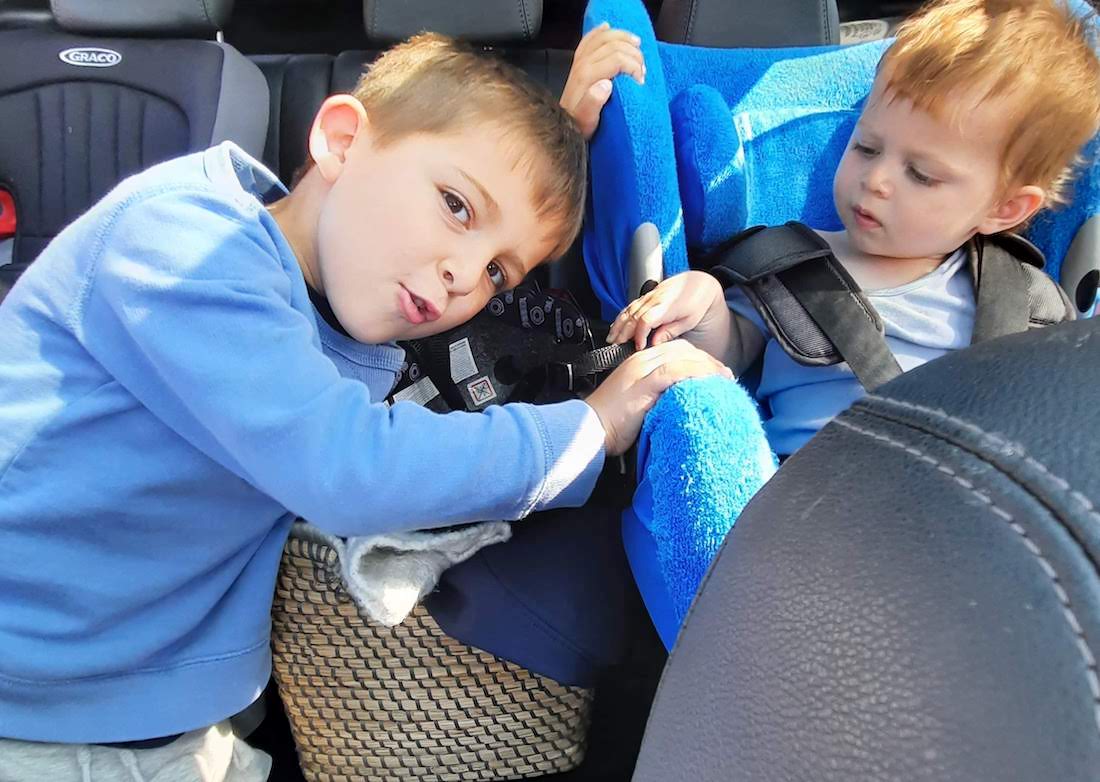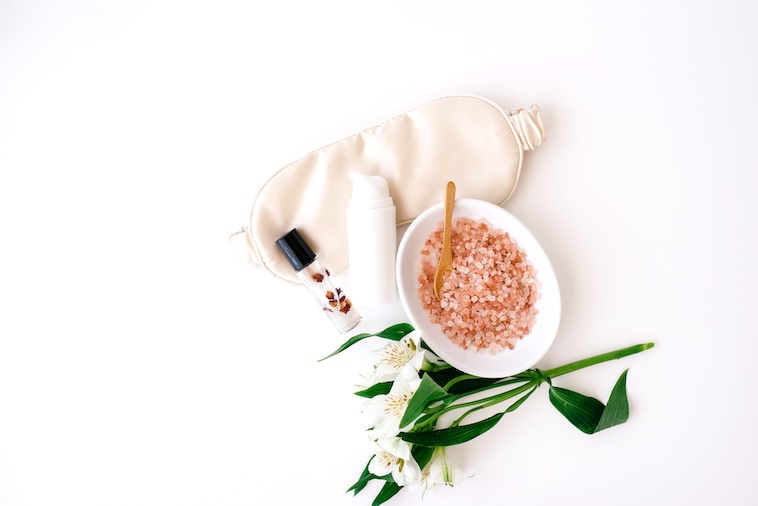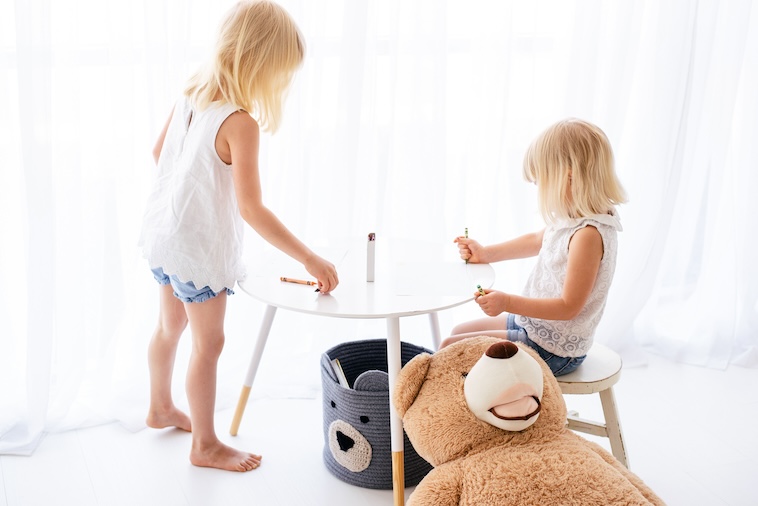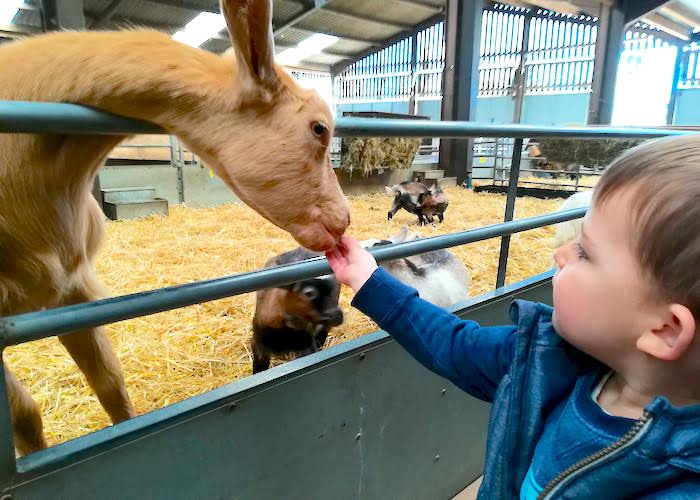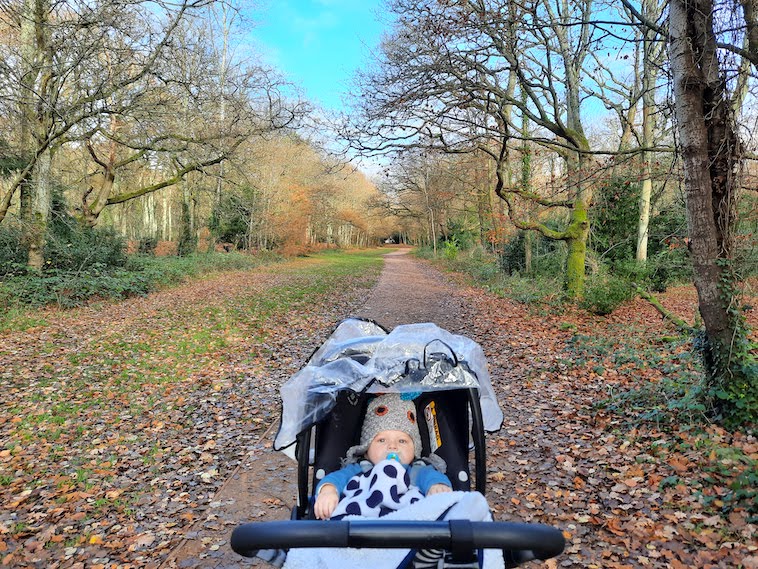How to stop your toddler from hitting others
Last Updated on April 18, 2024
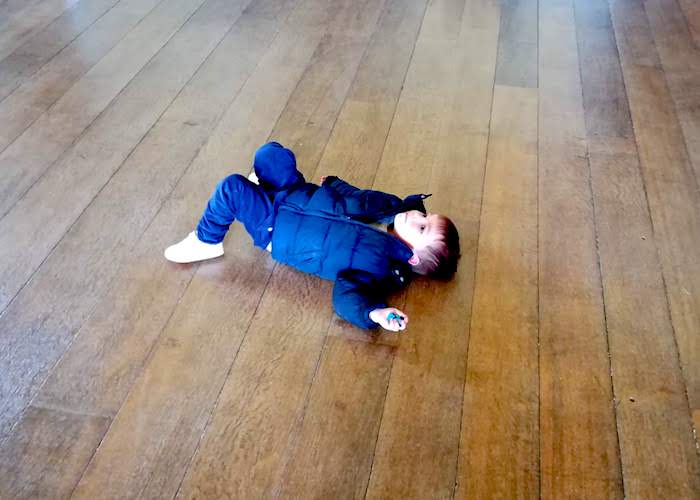
Ryan is in the phase where he’s hitting others. I’m calling it a phase because that’s what I really hope it is. Whenever he hits another child and I apologise to the parent, more often than not (thankfully), I’m told it’s a phase.
I’ve gone through various feelings about Ryan’s hitting.
At first I was mortified and apologised profusely to the other parent. Then after it was happening for a long time I got angry with Ryan and pulled his hand away.
After even more time I continued to apologise to the other parent, telling myself that most toddlers go through this phase in some form or another and to be easier on Ryan and myself.
My current feelings are those of annoyance. I’m annoyed that the hitting has gone on for so long.
My annoyance has finally made me research some tips on how I can stop my toddler from hitting others.
I want to be consistent in how I deal with my toddler’s need to hit other children, as well as understand why it’s happening.
If you’ve also got a hitter on your hands, hopefully the below tips will help you, or make you feel better about your situation.
WHY DO TODDLERS HIT?
Your toddler hitting other kids has nothing to do with your parenting skills. It’s just a stage of development that many toddlers go through.
Toddlers also don’t see other kids as friends, they see them as objects, as things that need to get out of their way to get to what they want.
Remembering these things will help me to act in a more positive way to Ryan’s hitting, as opposed to blaming myself, or thinking that Ryan’s badly behaved.
HOW TO STOP YOUR TODDLER FROM HITTING OTHERS
Here are some tips that I’ve read on ways that you can stop, or at least minimise your toddler from hitting others.
Don’t blame your toddler
It’s important to remember that hitting is how toddlers deal with their feelings, so you can’t blame your toddler for doing something they’re not aware of doing.
Don’t hit back in response
Hitting your toddler in response to them hitting other kids either to show them how it feels, or to punish them, only confuses them.
I’ve definitely been guilty of this and then realising that I was expressing my emotions in the way that I didn’t want Ryan to.
Watch your toddler in social situations
This is something I do all the time. Whenever we’re out at a toddler friendly location, no mater how many kids are around, I become a helicopter parent and watch Ryan constantly, but from a distance so he still learns how to play with others.
As soon as I think he’s about to hit another child, or as soon as he does, I go over to him to make sure the other child is okay and apologise to the child’s parent.
Acting as soon as the hitting has happened makes me feel like the other parent is more accepting of my apology, because they can see that I’m acting on it straight away.
Show empathy instead of anger
This is something that I need to do as the next step to watching Ryan in social situations.
As well as apologising to the other parent, I will make Ryan face the child and I will apologise to the child on Ryan’s behalf (until he can do so himself).
For example, I’ll say “We’re sorry Ryan hit you. He felt bad about (insert reason for hitting), we hope you feel much better now.”
Then I’ll face Ryan and tell him that hitting hurts and that the child he hit was hurt when he hit them. I’ll also tell him that I understand his feelings, but it’s not okay to hit someone because they’ve taken a toy off him, or whatever the excuse for the hitting was.
Ryan won’t fully understand my words, but eventually he’ll come to understand that hitting isn’t a way to express his feelings and that his actions can hurt others.
What tips will you try when dealing with your toddlers hitting?


